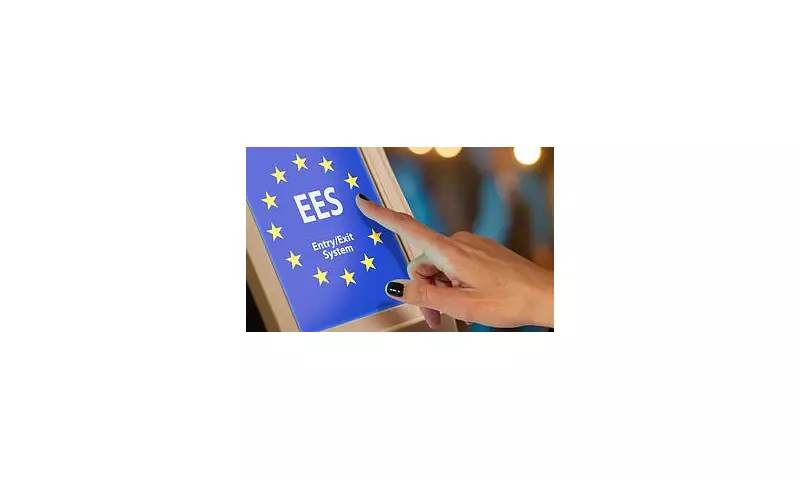
The European Union is facing accusations of displaying "contempt" towards British travellers as it prepares to implement a stringent new visa waiver system that could see UK citizens barred from entering the bloc for minor offences.
Under the forthcoming European Travel Information and Authorisation System (ETIAS), British passport holders could be denied entry to EU countries for convictions as trivial as failing to pay for a train ticket or minor public order offences.
The ETIAS Crackdown
Scheduled for introduction in 2025, the €7 visa waiver programme will require UK travellers to obtain pre-authorisation before visiting most European countries. While marketed as a security measure, the system's fine print reveals concerning implications for British citizens.
Minor criminal records that would typically be considered spent under UK law could still render travellers ineligible under the EU's new framework. This represents a significant departure from the visa-free travel Britons enjoyed while the UK remained part of the European Union.
Political Backlash and Concerns
Senior Conservative MPs have condemned the move as "politically motivated" and "disproportionate", arguing that the measures go far beyond legitimate security concerns.
One prominent Brexiteer told journalists: "This isn't about security - it's about punishment. The EU is using bureaucratic mechanisms to make life difficult for British citizens because we had the audacity to leave their club."
The controversy highlights the ongoing tensions in UK-EU relations since Brexit, with travel arrangements becoming an increasing battleground.
What Travellers Need to Know
- ETIAS authorization will be mandatory for UK citizens visiting most EU countries from 2025
- The €7 fee grants three years of travel access
- Applications can be denied for various criminal convictions, including minor offences
- Decisions will be made automatically by algorithm in most cases
- Rejected applicants have limited appeal rights
Travel industry experts warn that the additional bureaucracy could deter last-minute trips and create uncertainty for the estimated millions of British travellers who visit Europe each year.
As the implementation date approaches, both governments and travellers are preparing for a new era of cross-Channel travel that promises to be more complicated, expensive, and uncertain than at any point in living memory.





